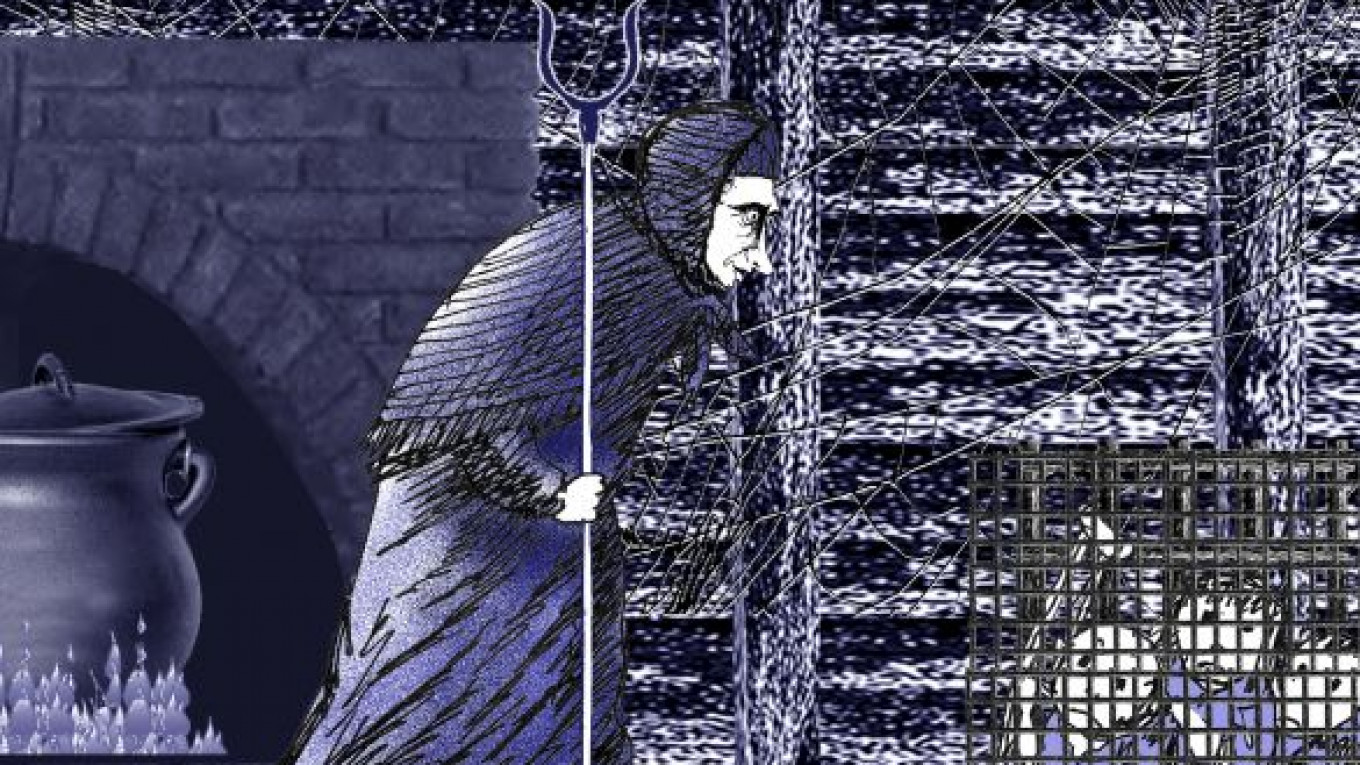The State Duma is trying to retaliate for the Magnitsky Act by approving a bill to ban U.S. citizens from adopting Russian children. As the famous quote attributed to Louis Antoine de Bourbon states, "This is worse than a crime; it is a mistake." This mistake has caused a deeper division among the ruling elite — not society, mind you — than even the Pussy Riot case did. The man responsible for this mistake is none other than President Vladimir Putin. The difference between the two cases is that Putin cannot hide behind Patriarch Kirill this time.
According to various estimates, 50 to 95 percent of children who grow up in Russian orphanages become drug addicts or alcoholics or commit suicide. Russian orphanages essentially produce children who suffer from Mowgli Syndrome — that is, they are ill-equipped to function in any capacity in society.
Neither is the situation particularly rosy regarding Russian adoptive parents. According to official government statistics, a child adopted by Russian parents is 39 times more likely to die than one adopted by parents in the West. Of course, the causes of death include not only murder and involuntary manslaughter but also car accidents, illness and other factors. Unfortunately, even those statistics understate the problem because Russian courts often fail to initiate criminal proceedings when children are the victims of mistreatment or abuse.
For example, the dead bodies of girls 15 years old and younger were discovered in Nizhny Tagil in 2008. A prostitution ring had kidnapped the girls and murdered them when they refused to become prostitutes. In the end, not a single criminal charge was ever filed in the case. Similarly, no criminal investigation was opened when four young women disappeared in Kursk in 2001. Nine years later, a person walking his dog discovered their remains. The girls had been raped and murdered by four young men. But the killers were released, in part because one of them was the son-in-law of a local Federal Security Service agent.
In Orenburg, 26 children were reported missing, yet only one criminal case was opened. In Perm, not a single case was opened in connection with any of its 27 missing children. Obviously, the official statistic that a child is 39 times more likely to die if adopted by Russian parents is an understatement. We know that the real numbers are much higher.
And that also underscores the main difference between children's rights in Russia and the West. In the U.S., child abuse is a crime. In Russia, it is routine. Up to 60 percent of children in orphanages suffer abuse from their caregivers, and it is a rare occasion when someone serves prison time for crimes against children.
If a parent kills a child, both U.S. and Russian courts consider it the behavior of an individual psychopath. But when 60 percent of Russian orphans are abused by their caregivers, Russian "society" is blamed.
The Magnitsky Act has drawn attention to crimes Russian authorities had hoped they could conceal. Russian lawmakers have resorted to blatant lies to support their position. State Duma Deputy Yevgeny Fyodorov had the temerity to say that adopted Russian children are "slaves who are not even protected by U.S. law."
State Duma Deputy Svetlana Goryacheva went even further, saying,"60,000 children have been taken to? the U.S. from? Russia. And? if even one-tenth of? these orphans were used for? organ transplants or sexual pleasure, there will remain 50,000 who can be recruited for? war against Russia."
But the best comment yet in this charade came from archpriest Vsevolod Chaplin, who said Russian children adopted by U.S. parents "do not go to heaven." What he failed to mention is that children who are not adopted and remain in Russia get to heaven much faster than they should — many before they reach 18.
The issue has divided society. It turns out that part of the Russian elite puts the motives of U.S. citizens on par with those of Osama bin Laden. And Putin is the driving force and inspiration behind this sick, warped perception.
This is a serious mistake, one that up until now had been uncharacteristic of Putin, who generally avoids making polarizing decisions. His recent dismissal of Defense Secretary Anatoly Serdyukov was similarly uncharacteristic.
It is difficult to say whether these moves are the result of Putin's reported health problems, but it can be said with certainty that the Kremlin is proving very adept at creating its own worst problems while at the same time blaming those problems on its "enemies."
Yulia Latynina hosts a political talk show on Ekho Moskvy radio.
Related articles:


